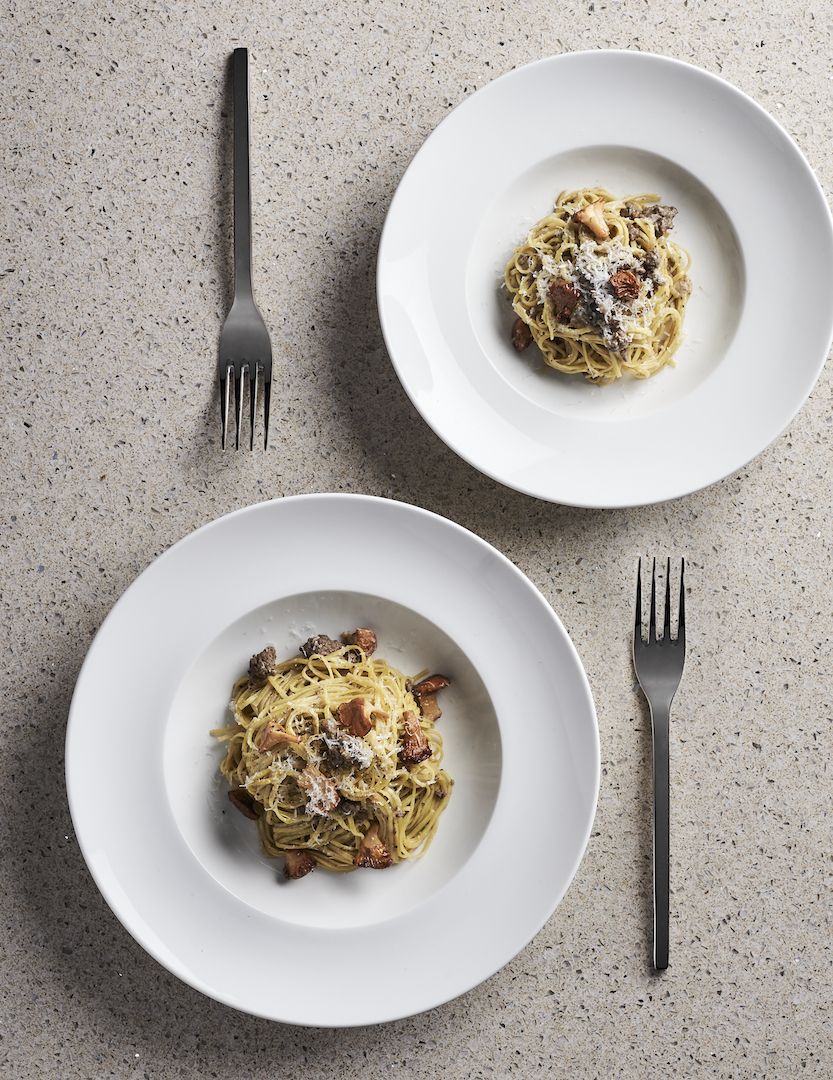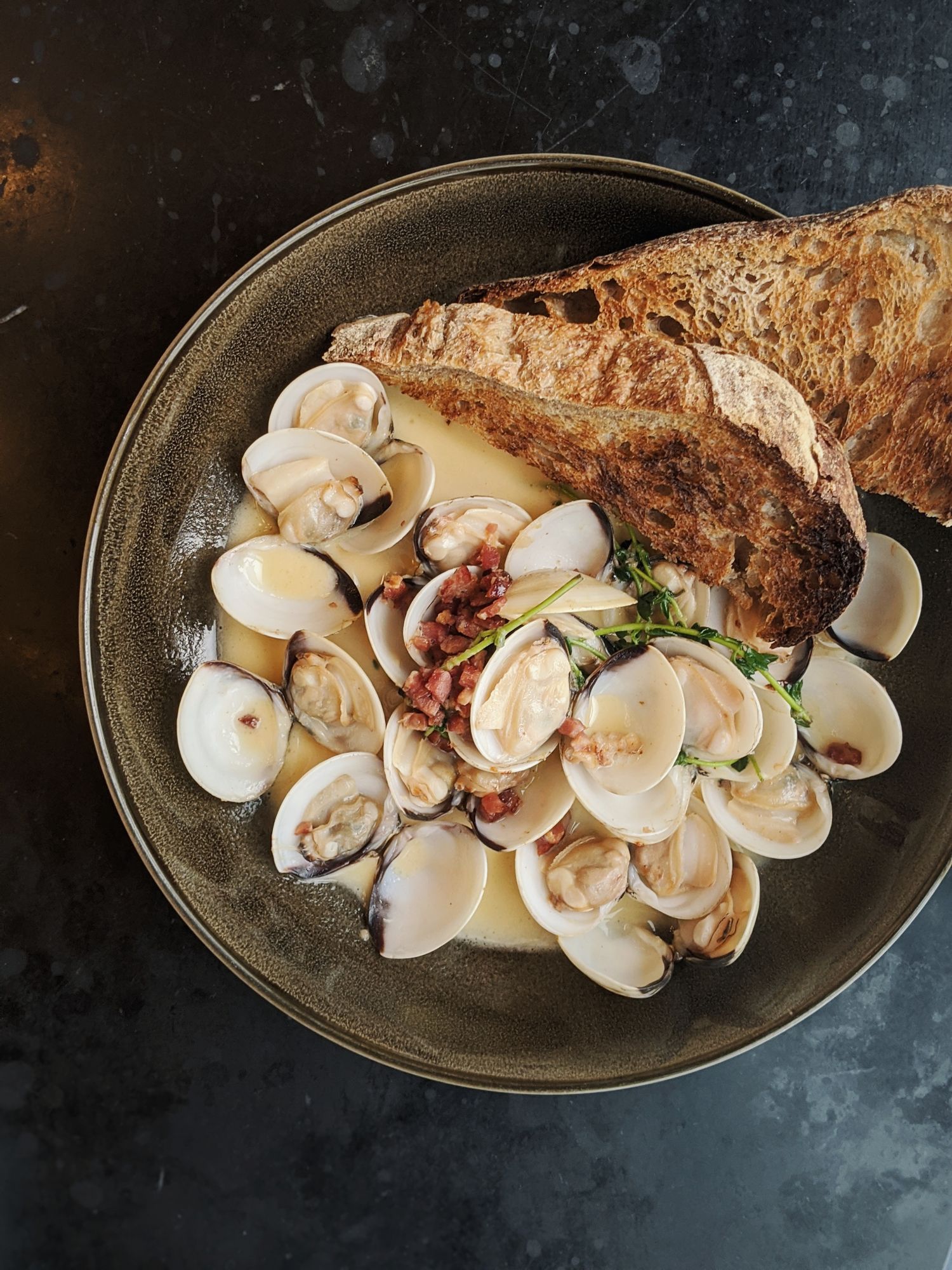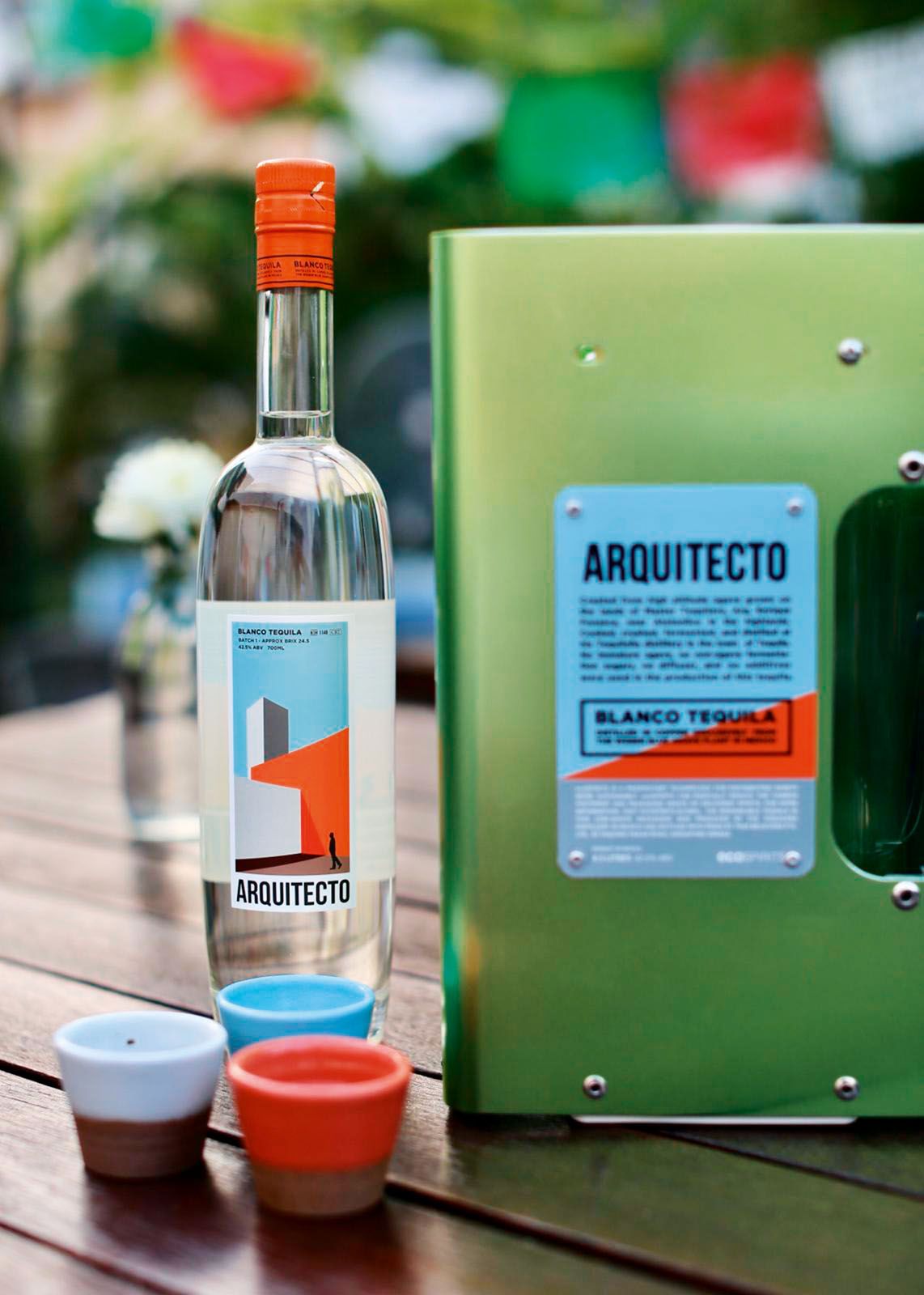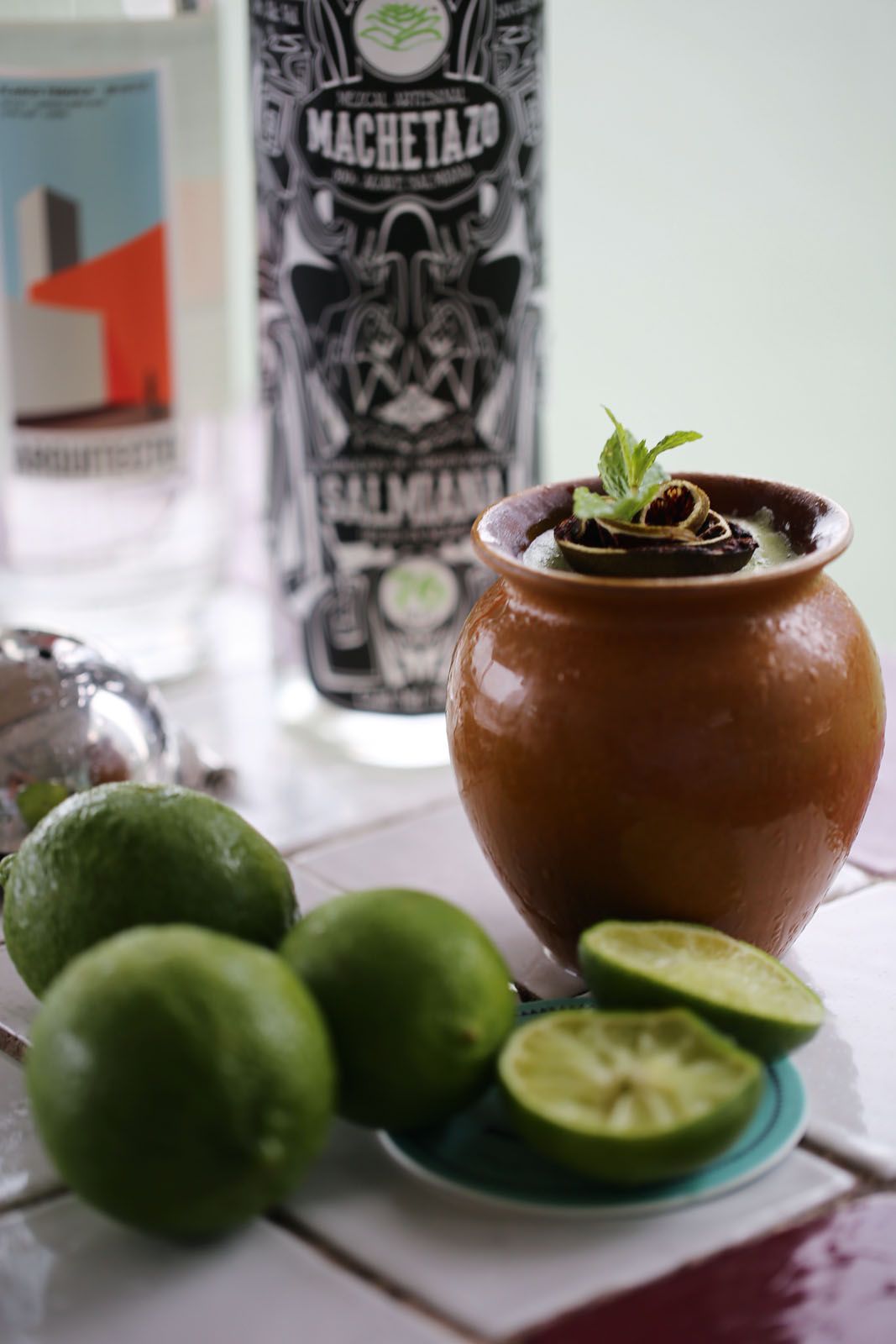Led by The Loco Group’s Will Leonard, the newly launched F&B Sustainability Council brings together industry players with a mission to minimise environmental impact
From introducing plant-based foods in their menus to championing the locavore movement, F&B establishments in Singapore have taken steady steps towards sustainability in recent years. But one restaurant group has endeavoured to integrate sustainable practices throughout its business. Since 2018, The Loco Group, which operates Mexican restaurants and bars including Chico Loco on Amoy Street, has introduced various measures to reduce its carbon footprint.
It first adopted the Little Green Steps programme by conscious platform, Green is the New Black, and introduced initiatives that address “what we consume and what we waste”, shares group general manager Will Leonard. These include transitioning to using sustainably-sourced locally farmed barramundi and installing in-house filtration systems, where still or sparkling water are filtered through.
(Related: Singapore’s Top Chefs Affirm The Quality Of Meats And Seafood Available In The Country)
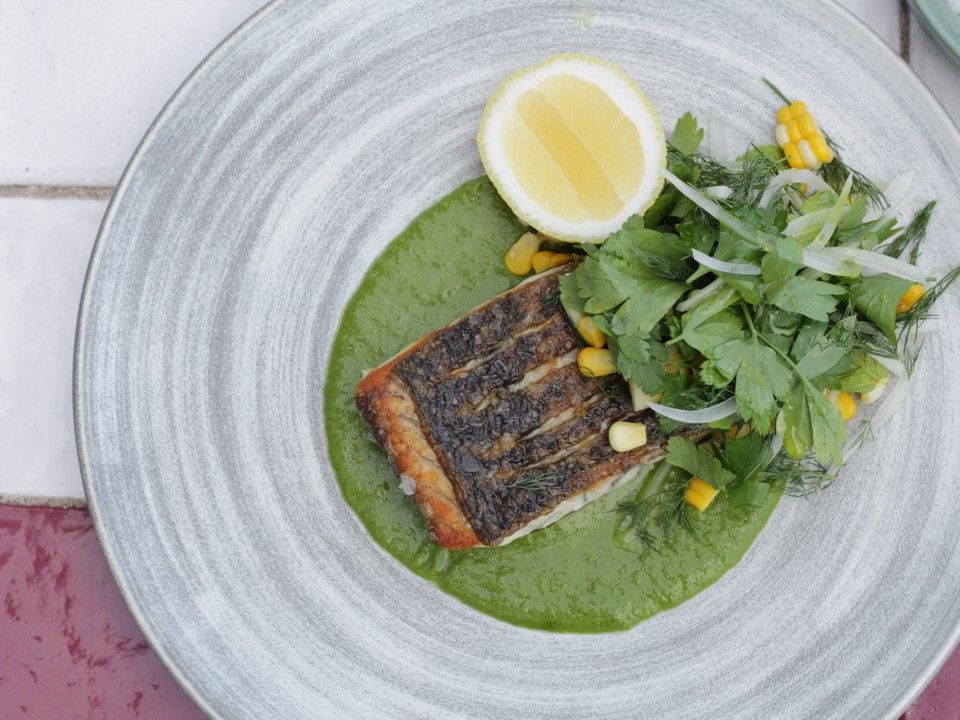
Last January, it engaged environmental consultant Mark Harding to review and calculate the carbon footprint from its restaurant operations. It has since set out to reduce direct emissions, and also purchased verifiable carbon credits generated from a forest conservation project in Congo, which provided an immediate offset. For its efforts, The Loco Group became the first independent F&B operator here to achieve carbon neutrality last year.
For Leonard, who spent nearly a year gaining knowledge on eco‑conscious practices, this is just the beginning. “Everyone I know in the industry has learnt or figured something out on their own. But if we could make it easier for everyone to collaborate, it would help us magnify our impact. We’re only four restaurants; if we’re going to have a bigger impact, it’s from influencing other people.”
(Related: A Veritable Vegan Feast: More Meat Lovers Crave For Plant-Based Meals)

